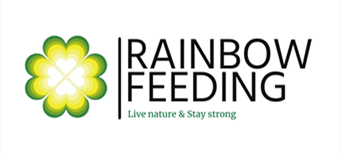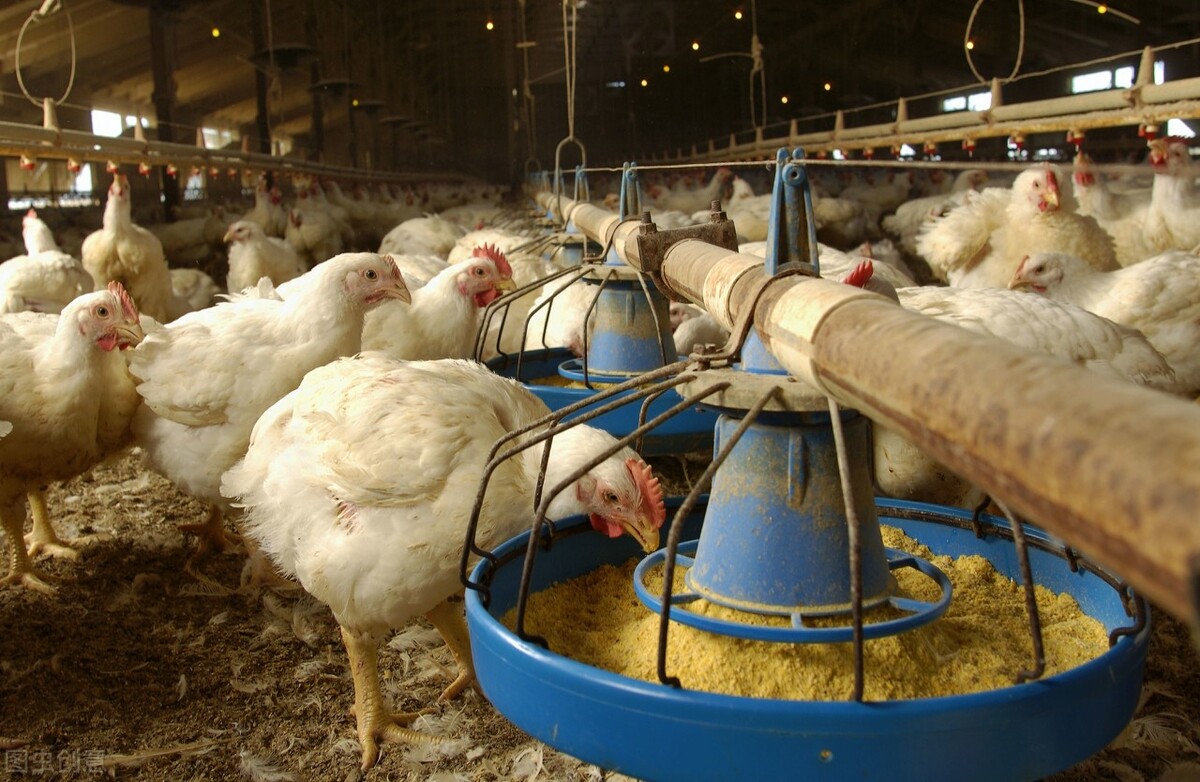Poultry farming plays a crucial role in meeting the ever-increasing demand for meat and eggs. As the industry strives to produce high-quality poultry products, there is a growing need for sustainable and natural solutions to enhance the health and productivity of birds. This has led to a significant interest in herbal feed additives for poultry. In this article, we will explore why these additives and how they can benefit the overall well-being of poultry.
Types of Herbal Feed Additives
Herbal feed additives encompass a wide range of botanical extracts that offer various benefits to poultry. Some commonly used types include:
Garlic and onion extracts: Known for their antimicrobial properties, garlic and onion extracts can support gut health, improve nutrient absorption, and enhance immunity in poultry.
Turmeric and ginger extracts: These additives possess anti-inflammatory and antioxidant properties, promoting immune function and reducing inflammation in poultry.
Oregano and thyme extracts: Rich in essential oils, oregano and thyme extracts provide antimicrobial effects and help maintain gut integrity in poultry, leading to improved performance.
Aloe vera and neem extracts: These extracts have antimicrobial and immunomodulatory properties, aiding in the prevention and control of diseases in poultry.
Benefits of Herbal Feed Additives for Poultry
Improved digestion and nutrient absorption
Herbal feed additives are known to improve digestion and nutrient absorption in poultry. Ingredients such as garlic and onion extracts contain bioactive compounds that stimulate the secretion of digestive enzymes, leading to better breakdown and utilization of feed nutrients. This results in improved feed efficiency and nutrient utilization, ultimately enhancing the growth and performance of poultry.
Enhanced immune system
Maintaining a robust immune system is vital for poultry health. Herbal feed additives, such as turmeric and ginger extracts, possess natural immunomodulatory properties. These additives help stimulate the immune response, making birds more resistant to various diseases and infections. By bolstering the immune system, herbal feed additives can reduce the reliance on antibiotics and promote healthier poultry production.
Reduced stress and improved well-being
Poultry often face stressful conditions, including environmental stressors, disease challenges, and management practices. Herbal feed additives, such as oregano and thyme extracts, contain essential oils that possess adaptogenic properties, helping birds cope with stress. These additives can reduce the negative impact of stress on poultry by supporting their overall well-being and minimizing performance losses.
Natural alternative to antibiotics
With the increasing concerns regarding antibiotic resistance, there is a growing demand for alternatives in animal production. Herbal feed additives offer a natural alternative to antibiotics, as they have antimicrobial properties against various pathogens. Ingredients like aloe vera and neem extracts have been shown to possess broad-spectrum antimicrobial activity, making them effective in preventing and controlling bacterial and fungal infections in poultry.
Improved meat and egg quality
Consumers are increasingly demanding high-quality and improved poultry products. Herbal feed additives can contribute to this demand by improving the quality of meat and eggs. The bioactive compounds present in these additives, such as antioxidants and anti-inflammatory agents, help reduce oxidative stress, enhance meat tenderness, and improve the color and flavor of poultry products. Additionally, the use of herbal feed additives can result in eggs with stronger shells, richer yolk color, and improved nutritional profiles, meeting the expectations of consumers.
Mechanisms of Action
Herbal feed additives exert their beneficial effects through various mechanisms:
Antimicrobial properties: Many herbal extracts contain compounds that inhibit the growth of harmful bacteria, fungi, and parasites, promoting a healthy gut environment in poultry.
Antioxidant effects: The antioxidant compounds present in herbal feed additives help neutralize harmful free radicals and reduce oxidative stress, protecting cells and tissues from damage.
Anti-inflammatory effects: Certain herbal extracts possess anti-inflammatory properties, which can alleviate inflammation in the gastrointestinal tract and other body systems, promoting overall health and well-being in poultry.
Gut health promotion: Herbal feed additives support gut health by improving the balance of beneficial microorganisms, enhancing nutrient absorption, and strengthening intestinal barrier function.
Bottom line
Ensuring the dosage and administration, safety and quality of herbal feed additives is paramount. It is essential to ensure that the concentration of herbal extracts in the feed is appropriate to maximize the benefits without causing any adverse effects. Additionally, it is crucial to comply with regulatory requirements and ensure that the additives used in poultry feed meet all necessary safety standards. The cost of herbal feed additives may be higher compared to conventional feed additives. Careful economic evaluation is necessary to determine the cost-effectiveness of incorporating herbal additives into poultry production systems.



